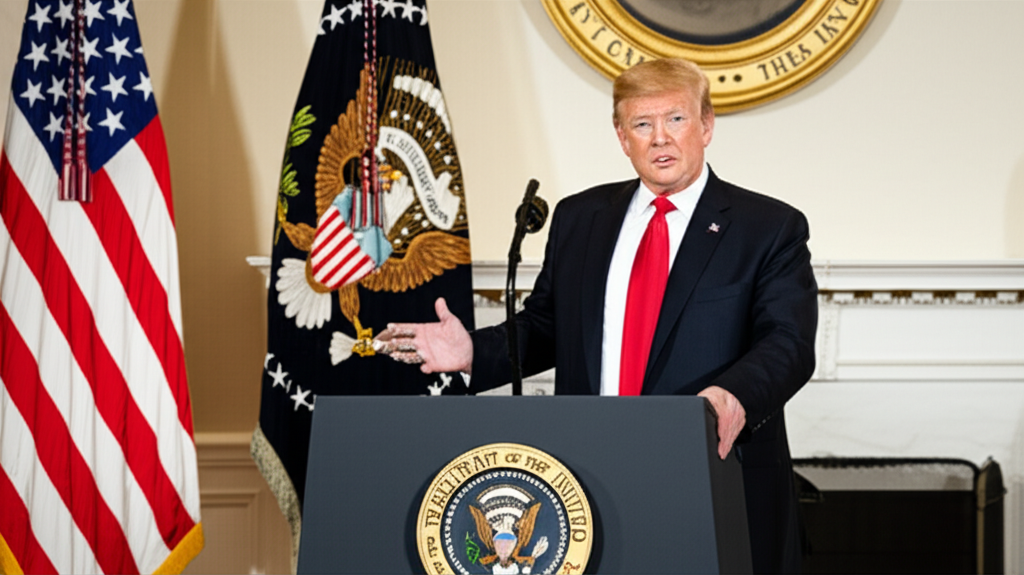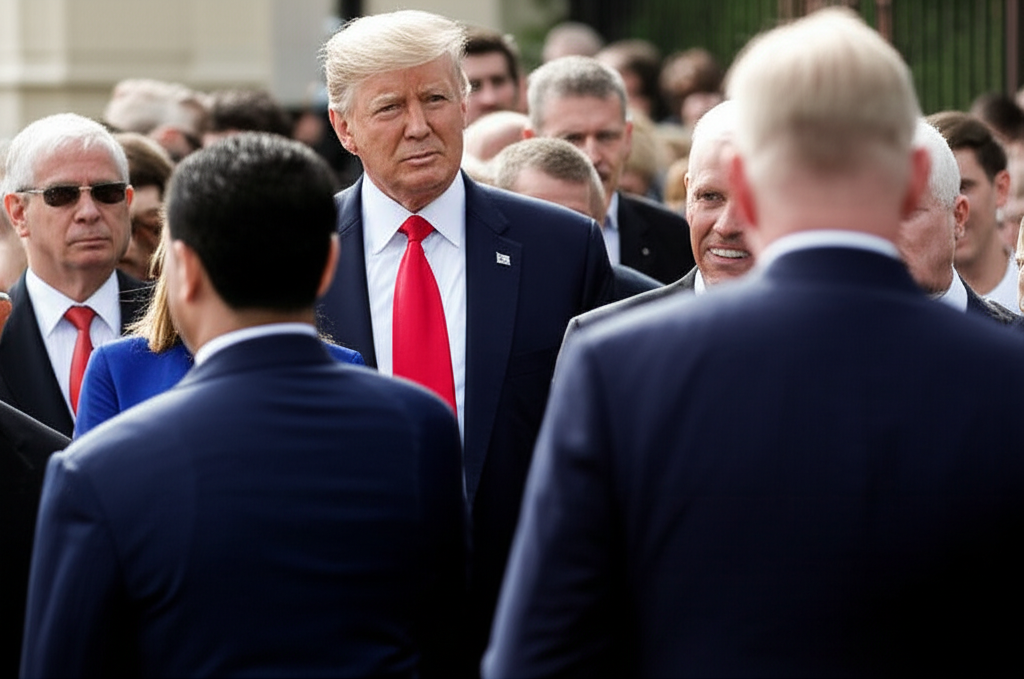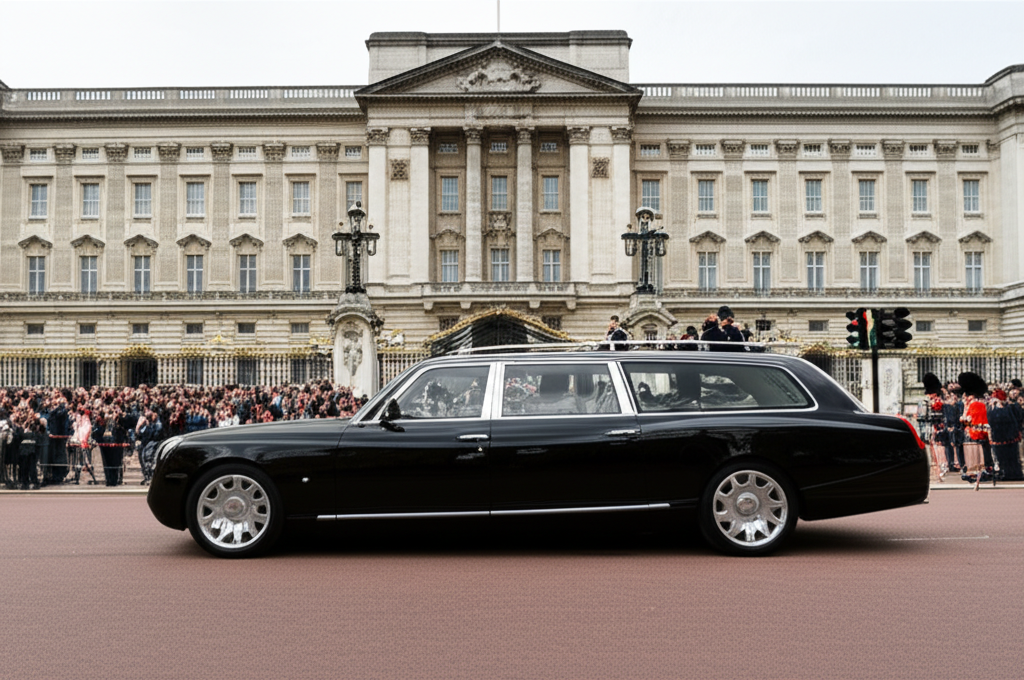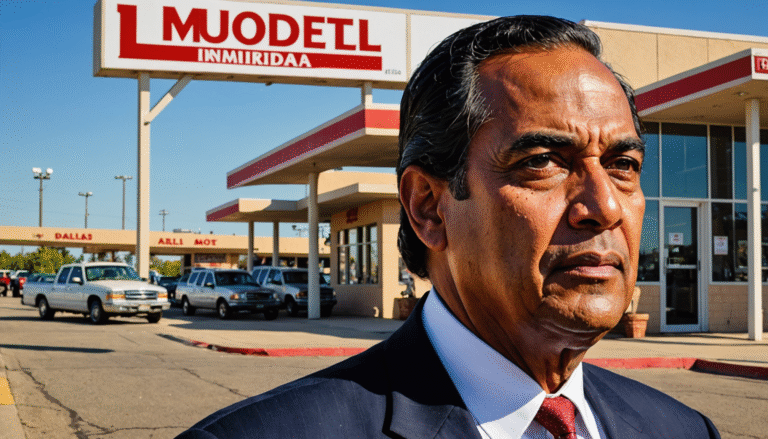
Unresolved Trade Frictions
A significant point of contention throughout the discussions was the persistence of U.S. tariffs on key British exports. Before his arrival, President Trump had offered to assist Britain in securing a more favorable trade deal and refining the bilateral framework. However, these promises remained unfulfilled by the conclusion of the visit, leaving the future for several affected industries in a state of uncertainty. A proposed arrangement aimed at removing punitive U.S. tariffs on British steel and aluminum has reportedly been indefinitely shelved, according to local media reports. Consequently, Britain’s steel and aluminum exports to the United States continue to face steep 25 percent tariffs. The continuation of these trade barriers has been met with significant concern from industry leaders. Gareth Stace, Director General of UK Steel, highlighted the precarious situation, stating that amid shrinking market demand and high operational costs, “the imposition of U.S. tariffs on UK steel would be a devastating blow to our industry.” The metals sector is not the only one feeling the pressure. The Scottish government has also been actively seeking a reduction or complete elimination of the 10 percent tariff currently imposed on Scotch whisky exports. Representatives from the whisky industry have stated that this levy costs companies approximately 4 million pounds (equivalent to 5.4 million U.S. dollars) each week, representing a substantial financial burden. Analysts have noted that these mounting tariffs will inevitably introduce new uncertainties into any future trade negotiations with the Trump administration, despite the frequent affirmations of the “special relationship” between the two nations.

Key Outcomes and Sticking Points of the Visit
- A multi-billion-dollar technology deal was signed to boost AI and nuclear energy cooperation.
- U.S. tariffs on British steel (25%) and Scotch whisky (10%) were not removed.
- A public disagreement emerged over the UK’s plan to recognize a Palestinian state.
- Major U.S. tech firms, including Microsoft and Google, pledged new investments in Britain.
Divergence on Middle East Policy
Another area of clear and public disagreement emerged over foreign policy, specifically regarding the recognition of a Palestinian state. During a joint press conference with Prime Minister Keir Starmer on Thursday, President Trump explicitly stated his difference of opinion on the matter. In late July, the British government, via Downing Street, had announced its intention to formally recognize the State of Palestine in September. This policy was positioned as a necessary step to “protect the viability of the two-state solution.” The move was conditional, contingent on Israel not taking substantive steps to end what was described as “the appalling situation in Gaza” and failing to commit to a long-term, sustainable peace process. At the press conference, Prime Minister Starmer reaffirmed this commitment. He described the ongoing humanitarian situation in Gaza as “intolerable” and stressed the urgent need for aid to enter the region “at speed.” Regarding the diplomatic move, Starmer stated, “The question of recognition needs to be seen.” In direct contrast, President Trump articulated his opposing view, remarking, “I have a disagreement with the prime minister on that score, one of our few disagreements, actually.” This public divergence highlights a significant rift in the allies’ approach to the Israeli-Palestinian conflict. Iain Begg, a professor at the London School of Economics and Political Science, provided analysis on the matter to Xinhua, noting that Britain’s stance on Palestine is now clearer than that of Washington. Begg suggested that as the United States appears unwilling to publicly state its own position, it should be exerting more pressure on Israel through private, behind-the-scenes channels to address the conflict.
A Contentious Technology Pact
While disagreements on trade and foreign policy were prominent, the visit did produce a significant agreement in the technology sector. On the final day of his tour, President Trump and Prime Minister Starmer met at Chequers, the prime minister’s country residence, to sign a multi-billion-dollar tech deal. This agreement is designed to boost cooperation in several fast-growing and strategic sectors, including artificial intelligence (AI), quantum computing, and nuclear energy. The ambitions for this pact are high. President Trump stated that the tech deal would help the United States and Britain to “dominate” the global AI landscape. According to a British government announcement made upon Trump’s arrival, the newly christened “Tech Prosperity Deal” aims to accelerate AI-driven research for developing new drugs, enabling faster medical treatments, and improving cancer care. The deal also includes provisions to support civil nuclear projects. As part of this comprehensive agreement, several major U.S. technology companies have made substantial investment pledges. Microsoft announced it will invest 30 billion dollars in Britain’s AI infrastructure. Separately, Google revealed plans to open a new data center in Waltham Cross, Hertfordshire, as part of its own two-year investment program in the country. However, this large-scale plan has not been without criticism and has sparked local concerns. On Wednesday, thousands of demonstrators rallied in central London to protest against various U.S. policies. Specific concerns were also raised about the environmental impact of the new infrastructure. Hertfordshire resident Philip Threlfall voiced opposition to the data center, warning that building such a facility would be “a bad thing for everybody, just gonna eat power, eat up wetland and produce the same old rubbish multi-times over.”

Background
The visit was framed by extensive royal pomp and friendly rhetoric, with both leaders publicly celebrating the transatlantic alliance. At a banquet held at Windsor Castle on Wednesday, President Trump hailed the “special relationship” with Britain, describing it as “irreplaceable and unbreakable.” However, the grand ceremonies and laudatory speeches could not conceal the significant gaps in tangible results and the persistence of deep-seated disagreements. The president departed without offering any tariff relief for British industries, making no concrete progress on easing trade frictions, and failing to bridge the diplomatic divide with Prime Minister Starmer over the recognition of a Palestinian state. The timing of the visit also coincides with a period of political pressure for the Labour government in Britain. The administration has recently been shaken by the resignation of its deputy prime minister, a subsequent cabinet reshuffle, and the controversial dismissal of the British ambassador to Washington, who was removed due to close ties to the Epstein case. According to analysts, the unresolved trade issues add further pressure onto this already challenged government. This context of domestic political instability underscored the high stakes of the bilateral talks and magnified the impact of the unresolved issues that remained at the conclusion of the president’s visit.
What’s Next

Looking forward, the outcomes of the visit suggest an uncertain path for the future of U.S.-UK relations on several key fronts. The failure to secure a deal on steel and aluminum tariffs means the future for these critical British industries remains unclear, subject to the pressures of a 25 percent levy and ongoing market challenges. The persistence of these trade barriers is expected to cast a shadow over future trade negotiations, creating what analysts describe as “new uncertainties” for any forthcoming talks between the two nations. On the technology front, while the investment pledges are substantial, their long-term benefit to the British economy is not guaranteed. David Bailey, an economics professor at the University of Birmingham, told Xinhua that Britain’s ability to gain real, lasting competitiveness from such a large investment is contingent on its capacity to close its “scale-up financing gap.” He argued that without sufficient domestic funding for growth, there is a risk that more homegrown British tech firms will be acquired by larger U.S. companies. Bailey characterized this situation as a “fundamental weakness” in the UK’s tech ecosystem. The public and unresolved disagreement over the recognition of Palestine also signals a potential for continued diplomatic divergence on major international issues, suggesting that the “special relationship” may face further tests as global political landscapes evolve. [Source](https://english.news.cn/20250919/dfde3e160fb7499b846fa4c4a74ecfac/c.html)






